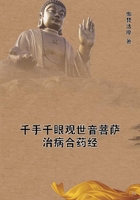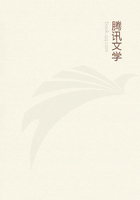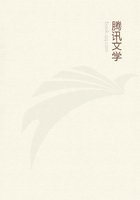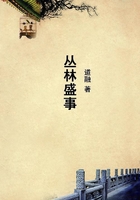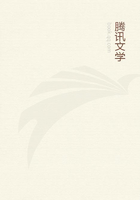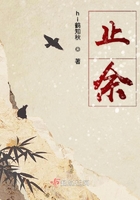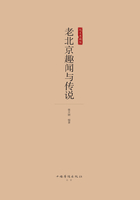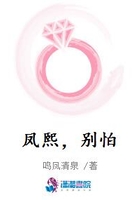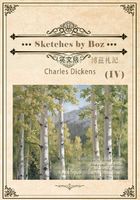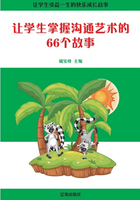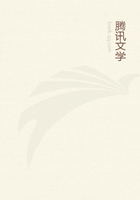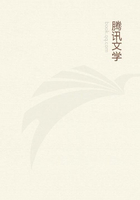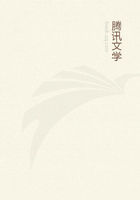Seeing, then, that the natural endowment of art (as fine art) must furnish the rule, what kind of rule must this be? It cannot be one set down in a formula and serving as a precept-for then the judgement upon the beautiful would be determinable according to concepts.Rather must the rule be gathered from the performance, i.e., from the product, which others may use to put their own talent to the test, so as to let it serve as a model, not for imitation, but for following.The possibility of this is difficult to explain.The artist's ideas arouse like ideas on the part of his pupil, presuming nature to have visited him with a like proportion of the mental Powers.For this reason, the models of fine art are the only means of handing down this art to posterity.This is something which cannot be done by mere descriptions (especially not in the line of the arts of speech), and in these arts, furthermore, only those models can become classical of which the ancient, dead languages, preserved as learned, are the medium.
Despite the marked difference that distinguishes mechanical art, as an art merely depending upon industry and learning, from fine art, as that of genius, there is still no fine art in which something mechanical, capable of being at once comprehended and followed in obedience to rules, and consequently something academic, does not constitute the essential condition of the art.For the thought of something as end must be present, or else its product would not be ascribed to an art at all, but would be a mere product of chance.But the effectuation of an end necessitates determinate rules which we cannot venture to dispense with.Now, seeing that originality of talent is one (though not the sole) essential factor that goes to make up the character of genius, shallow minds fancy that the best evidence they can give of their being full-blown geniuses is by emancipating themselves from all academic constraint of rules, in the belief that one cuts a finer figure on the back of an ill-tempered than of a trained horse.Genius can do no more than furnish rich material for products of fine art; its elaboration and its form require a talent academically trained, so that it may be employed in such a way as to stand the test of judgement.But, for a person to hold forth and pass sentence like a genius in matters that fall to the province of the most patient rational investigation, is ridiculous in the extreme.1 One is at a loss to know whether to laugh more at the impostor who envelops himself in such a cloud-in which we are given fuller scope to our imagination at the expense of all use of our critical faculty-or at the simple-minded public which imagines that its inability clearly to cognize and comprehend this masterpiece of penetration is due to its being invaded by new truths en masse, in comparison with which, detail, due to carefully weighed exposition and an academic examination of root principles, seems to it only the work of a tyro.
SS 48.The relation of genius to taste.
For estimating beautiful objects, as such, what is required is taste; but for fine art, i.e., the production of such objects, one needs genius.
If we consider genius as the talent for fine art (which the proper signification of the word imports), and if we would analyse it from this point of view into the faculties which must concur to constitute such a talent, it is imperative at the outset accurately to determine the difference between beauty of nature, which it only requires taste to estimate, and beauty of art, which requires genius for its possibility (a possibility to which regard must also be paid in estimating such an object).
A beauty of nature is a beautiful thing; beauty of art is a beautiful representation of a thing.
To enable me to estimate a beauty of nature, as such, I do not need to be previously possessed of a concept of what sort of a thing the object is intended to be, i.e., I am not obliged to know its material finality (the end), but, rather, in forming an estimate of it apart from any knowledge of the end, the mere form pleases on its own account.If, however, the object is presented as a product of art, and is as such to be declared beautiful, then, seeing that art always presupposes an end in the cause (and its causality), a concept of what the thing is intended to be must first of all be laid at its basis.And, since the agreement of the manifold in a thing with an inner character belonging to it as its end constitutes the perfection of the thing, it follows that in estimating beauty of art the perfection of the thing must be also taken into account-a matter which in estimating a beauty of nature, as beautiful, is quite irrevelant.It is true that in forming an estimate, especially of animate objects of nature, e.g., of a man or a horse, objective finality is also commonly taken into account with a view to judgement upon their beauty; but then the judgement also ceases to be purely aesthetic, i.e., a mere judgement of taste.Nature is no longer estimated as it appears like art, but rather in so far as it actually is art, though superhuman art; and the teleological judgement serves as a basis and condition of the aesthetic, and one which the latter must regard.In such a case, where one says, for example, "That is a beautiful woman," what one in fact thinks is only this, that in her form nature excellently portrays the ends present in the female figure.For one has to extend one's view beyond the mere form to a concept, to enable the object to be thought in such manner by means of an aesthetic judgement logically conditioned.

